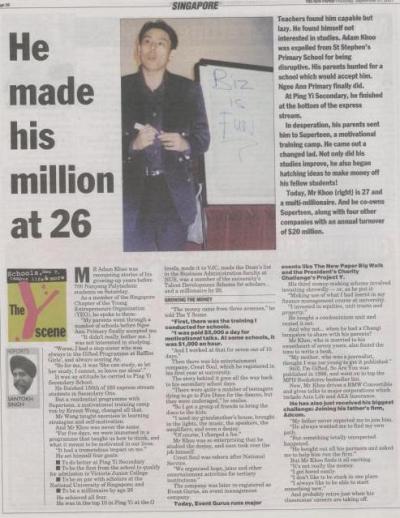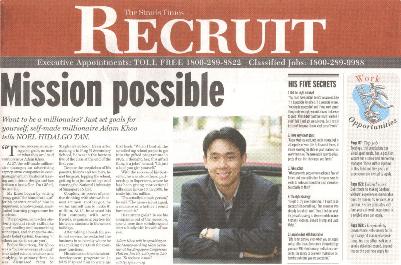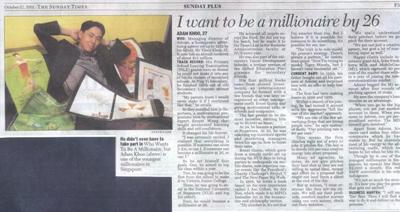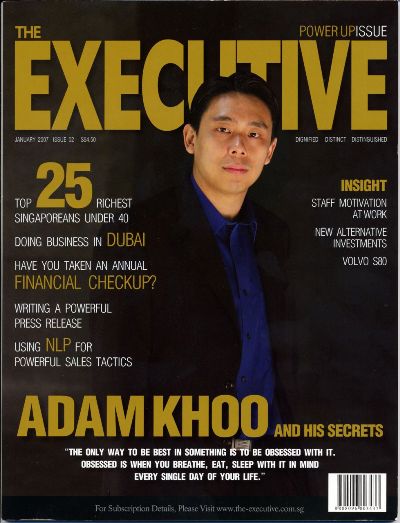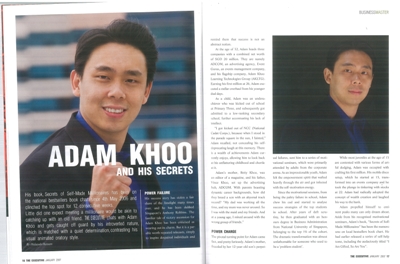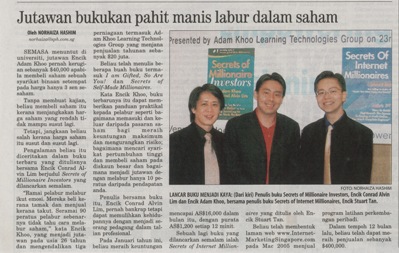Your beliefs drive your goals.
In other words, what you believe about yourself and the other people around you will determine what you want in your life. What you want in your life will determine your strategies, your actions, and your beliefs also will determine what you will do when you fail. Do you trigger it as feedback or do you give up? You see, your beliefs are like the operating system to your brain.
They determine how we perceive the world and how we respond to what happens. They determine what we will or will not do or what we will or will not try.
The beliefs we have about a person determines how we interact with that person, whether you go out make friends, or whether you avoid a particular person. The beliefs you have about the kind of food will determine whether you eat that food.
The beliefs you have about the economy will determine the kind of business or career you will pursue. See, beliefs are one of the most single, most important filters that we have, and at any given time, we will have about two million bits of information hitting us at per second and it is physically impossible for us to be aware of everything that is happening around us.
And that is why two people can see the same movie, but come out having very different opinions and experiences about what the whole movie was all about. One person may remember all the long conversations and feel that the movie was totally boring.
The other person may focus on the dialogue and feel really moved by the interaction of the characters. See, both people filtered the same movie so differently. They deleted, distorted, and generalized and created a very different internal representation for the movie.
So, in order for our brain to cope, our mind filters all this information by deleting, distorting, and generalizing all this data into an internal representation of what is actually happening around us. So, in other words, we do not perceive reality, we perceive a filtered version of reality.
Here’s an example of the power of beliefs.
Roger Banister was a marathon runner from Oxford, somewhere in the 1950′s, I think it was in 1954. What he did was that he set a goal to run a mile in less than 4 minutes. Now, bear in mind that no one in the world ever ran a mile in less than 4 minutes.
Everyone tried but failed, over and over again, until many doctors came out and said that it was physically impossible for a human being to run that fast. But, Roger Banister decided never to believe that. He did not want the belief to hold him back.
So, he decided to set a target for himself. Now, the difference was besides training physically, he would mentally prepare himself. The trouble was he had no evidences; no one could ever do it before. So, what did he do? He created it.
Again, the human mind could not tell the difference between what is real and what is clearly imagined in your mind. So, in his mind, he saw himself running and beating the mile in less than 4 minutes. He saw himself doing it again, and again and again. He created this evidence as if it was so real, that it became real for him. So what happened? He did beat the mile in less than 4 minutes.
But, that is not the amazing thing. The amazing thing that was that the minute he did that, within a year, about 37 other runners broke his record. Within a period of about 3 years, about 300 runners broke his record.
So, the question is this. Why is it for thousand of years, no one could run the mile in less than 4 minutes, but the minute one person does it, hundreds of people do it? See, what was holding everyone back was not their physical ability, was not their physical potential.
Therefore it is clear that what are actually holding many people back are their own beliefs. And it is precisely our beliefs that determine how we think, act and what we will or will not do in our life.

